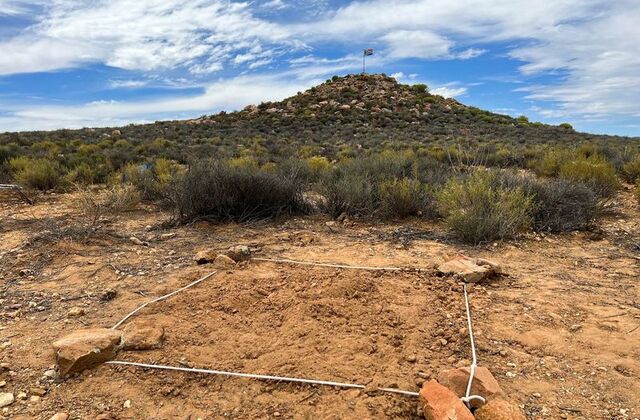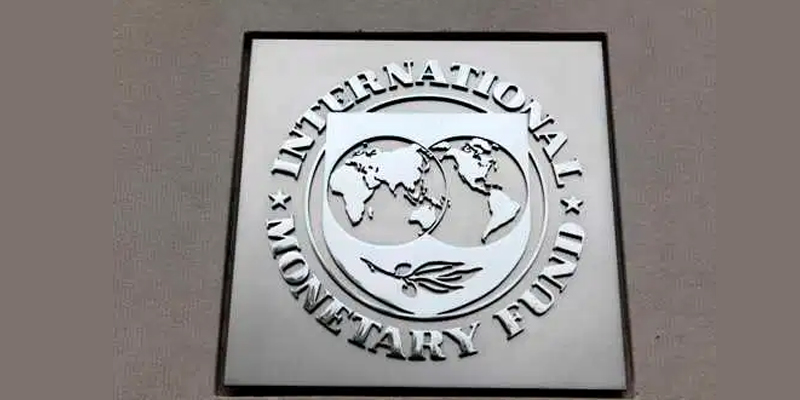The Bill &Melinda Gates Foundation has pledged to invest $1.4 billion to assist smallholder farmers in addressing the immediate and long-term impacts of climate change in Africa.
This announcement was made by Gates Foundation CEO Mark Suzman at the United Nations Climate Change Conference (COP27).
According to him, in many regions, climate change is a food and economic crisis without precedent. More than 2 billion people depend on smallholder farms for food and income, yet less than 2% of global climate finance is devoted to helping these farms adapt to climate change. Food and economic crises will last longer and become more severe as climate threats escalate and further threaten food security by limiting smallholder farmers’ yields and resilience.
“The effects of climate change have already been devastating, and every moment the world delays action, more people suffer, and the solutions become more complex and costly. Our commitment will help smallholder farmers adapt today and build resilience for the future. It is essential for this climate summit to produce bold commitments that address immediate and long-term needs. Leaders must listen to the voices of African farmers and governments to understand their priorities and respond with urgency,” he said.
The foundation’s commitment will fund immediate action and long-term initiatives over four years to help smallholder farmers in sub-Saharan Africa and South Asia build resilience and food security. Funding will focus on spurring African-led innovation to build a pipeline of climate-smart agriculture projects, new applications of digital technologies, climate-smart innovations for smallholder livestock farming, and support for women smallholder farmers to capitalize on their untapped potential.
Melinda French Gates, co-chair of the Bill & Melinda Gates Foundation noted that women in rural Africa are the backbone of their food systems, but they have never had equal access to the resources they need to reach their full potential or build resilience to looming climate threats.
“As the climate crisis accelerates, women’s vital role in their economies is too important to overlook. With the right financing and marketing support, women smallholder farmers could earn more in a day than they currently earn in a month, ultimately transforming these regional food systems and unlocking a healthier, more sustainable, and more prosperous future for families and communities across the continent,” she said.


